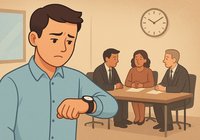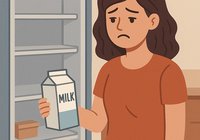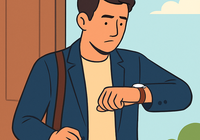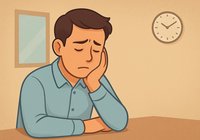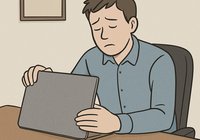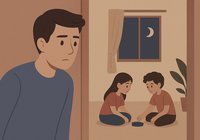| Phrasal verb | Main meaning |
|---|---|
be up [bi ʌp] | to be awake; not sleeping |
Other meanings
- to be higher or increased (e.g. prices, numbers)
- to have expired (about time: "time is up")
- to be located upstairs or at a higher place
- to be (someone's) turn (e.g. "you're up" = it's your turn)
Example Sentences Using the Phrasal Verb "be up"
- I had to be up at 6 a.m. for work.
- The gas prices are up compared to last year.
- Time's up — hand in your test now.
- She's up in her office if you want to talk to her.
- You're up next — get ready.
Features of Using "be up"
Be careful: be up is an intransitive phrasal verb and usually appears in forms of the verb to be plus up (am/are/is/was/were/been). It can describe being awake, a state of increase, expiration of time, location at a higher place, or whose turn it is. Context determines the meaning; for example, "prices are up" (increase) vs "I'm up" (awake) vs "you're up" (your turn).
Other phrasal verbs with the verb be
be back
to have returned to a place
be away
to be absent or not at home
be in
to be at home or in a particular place
be against
to oppose or disagree with someone or something
be on
to take place
be over
to have finished
be behind
to be late or delayed
be for
to support or favor something
be out
to be absent or not at home
be into
to be interested in or enthusiastic about something or someone
be out of
to have no more of something
be about to
to be on the point of doing something (imminent future)
be down
to not be working or functioning
be after
to try to obtain or pursue someone or something
be off
to leave or depart
be with
to support or agree with someone
be along
to arrive soon
be through
to have finished something
be up to
to be doing something (often secretly or mischievously)
🔗 Learn more about the irregular verb be, including its forms and usage.








